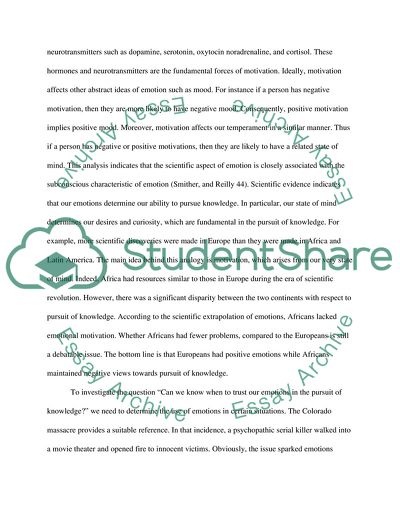Cite this document
(Whether Emotions Can Accelerate the Pursuit of Knowledge Term Paper, n.d.)
Whether Emotions Can Accelerate the Pursuit of Knowledge Term Paper. https://studentshare.org/psychology/1799306-theory-of-knowledge-tok
Whether Emotions Can Accelerate the Pursuit of Knowledge Term Paper. https://studentshare.org/psychology/1799306-theory-of-knowledge-tok
(Whether Emotions Can Accelerate the Pursuit of Knowledge Term Paper)
Whether Emotions Can Accelerate the Pursuit of Knowledge Term Paper. https://studentshare.org/psychology/1799306-theory-of-knowledge-tok.
Whether Emotions Can Accelerate the Pursuit of Knowledge Term Paper. https://studentshare.org/psychology/1799306-theory-of-knowledge-tok.
“Whether Emotions Can Accelerate the Pursuit of Knowledge Term Paper”. https://studentshare.org/psychology/1799306-theory-of-knowledge-tok.


